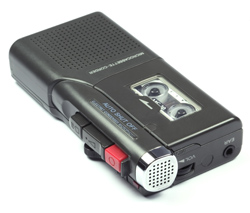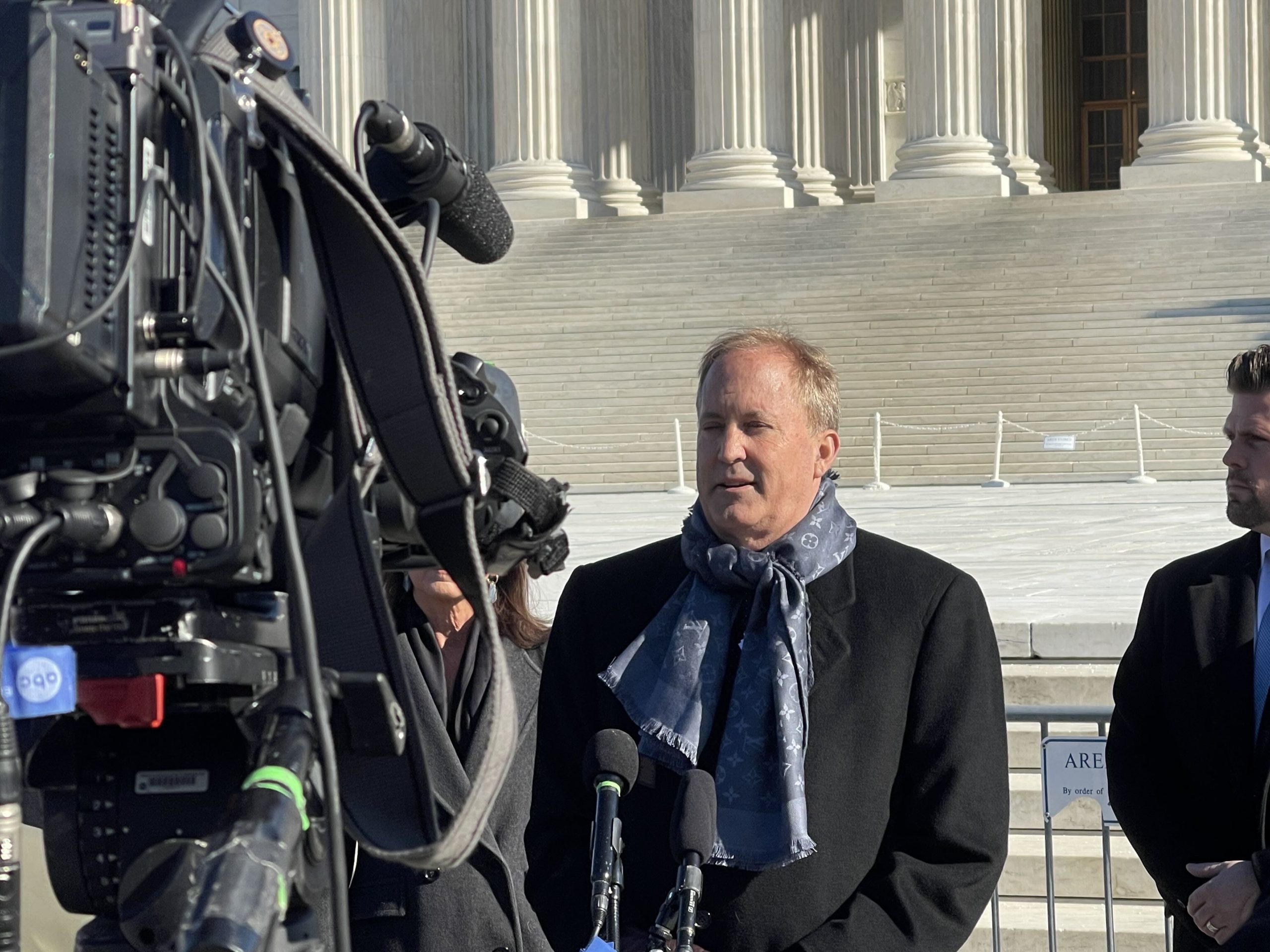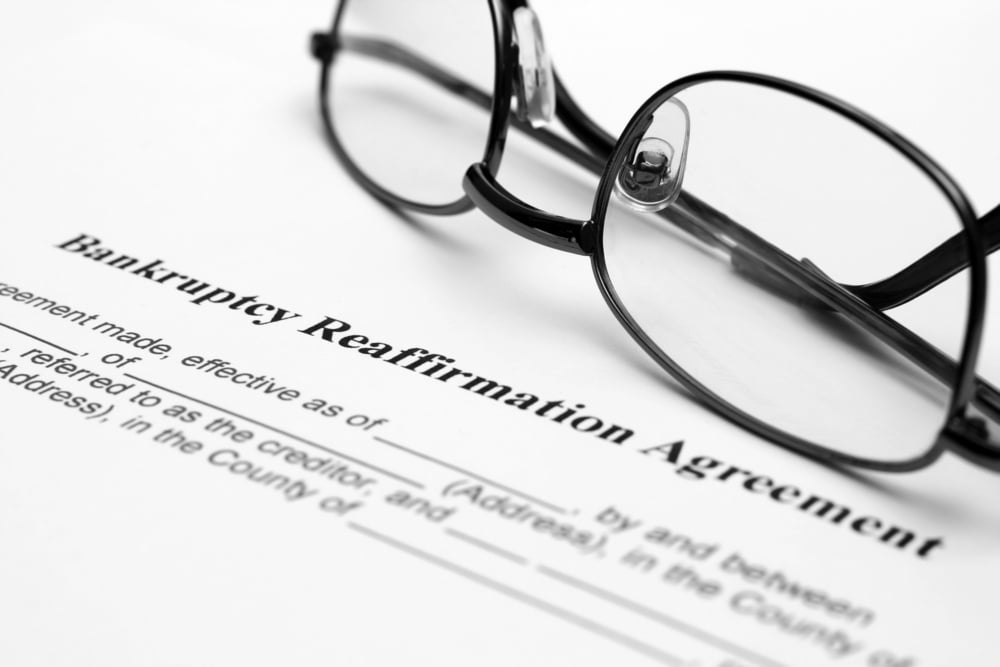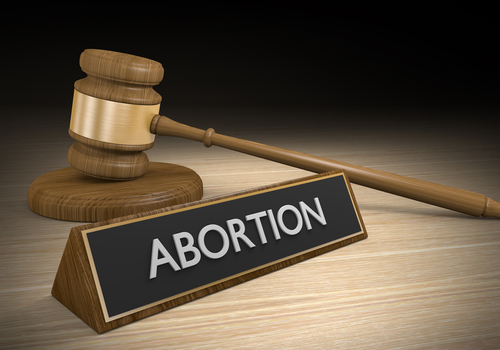Oregon law banning secret audio recordings is not a violation of First Amendment, says en banc appeals Court
First Amendment
Oregon law barring secret audio recordings does not violate First Amendment, en banc appeals court says
January 9, 2025, 11:14 am CST
A federal appeals court has tossed a challenge to an Oregon law that generally bans secret audio recordings. (Image from Shutterstock)
A federal appeals court has tossed a challenge to an Oregon law that generally bans secret audio recordings.
The en banc 9th U.S. Circuit Court of Appeals at San Francisco ruled Tuesday that the conversational privacy law does not violate the First Amendment.
Law360, Reuters, the Volokh Conspiracy and the Legal Profession Blog have coverage.
The Oregon law generally requires people making an audio recording to notify the target. It was challenged by the activist group Project Veritas, which uses undercover journalism in support of its conservative message.
The law’s “relatively modest notice requirement” is narrowly tailored to a significant government interest in letting Oregon residents know when their conversations are being recorded, the appeals court said in the 9-2 decision.
Judge Morgan Christen, an appointee of former President Barack Obama, wrote the majority opinion.
“Because Oregon’s statute does not discriminate on the basis of viewpoint or restrict discussion of an entire topic, we conclude it is content neutral, and that it survives intermediate scrutiny,” Christen wrote.
The Oregon law has several exceptions to the ban on unannounced audio recordings.
One exception allows oral recordings of conversations during a felony that endangers a human life. One exception allows audio recordings by law enforcement officers performing official duties when the person recording the conversation has a legal right to be present. The 9th Circuit said that the law was content neutral, as it did not make distinctions based upon a speaker’s viewpoint. It also stated that the law was not passed because of disagreements with a message. It also allows other alternatives that allow a would-be recorder to disseminate a message.
“Project Veritas retains numerous alternative channels to engage in its journalistic speech activities,” the 9th Circuit said. “It may employ all the traditional tools of investigative reporting, including talking with sources, reviewing records, taking photographs, recording videos openly during public and semi-public meetings and events, recording videos that do not capture oral conversations, recording conversations after announcing it is doing so, and making use of Oregon’s freedom-of-information laws.
“Project Veritas may have its reporters go undercover and report on what they have seen and heard–without secretly recording its targets–as journalists have done for centuries.”
Project Veritas lawyer Benjamin Barr said his client will seek review with the U.S. Supreme Court. He told Law360 that the decision upholds the “broadest recording law in the nation” and “suffocates a reporter’s ability to investigate corruption and work with whistleblowers.”
The case is Project Veritas v. Schmidt.






